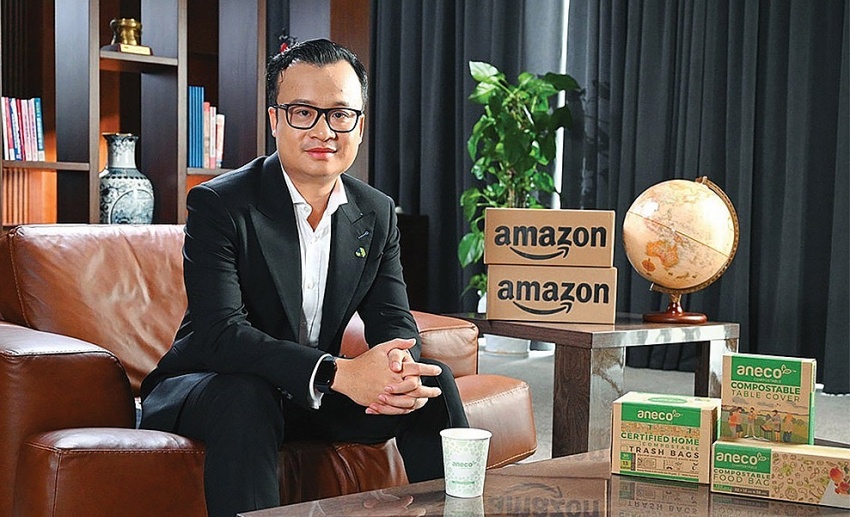
What impact have changes in quality standards and new requirements on green production from international import markets had on the awareness and thinking of Vietnamese businesses?
Vietnamese businesses exporting goods to international markets, including large markets such as Europe, the US, or Japan, have become familiar with basic management standards.
From 2026, Vietnam will face risks when the cost of exporting some products to the European Union market skyrockets under the impact of the Carbon Border Adjustment Mechanism.
When developed countries convert to green products, in addition to the above standards, Vietnamese manufacturers must also meet other standards to demonstrate environmentally friendly products, such as biological origin, green products and eco-labels, and biodegradable standards. This has put Vietnamese businesses in a situation where they are forced to learn, know how to apply, and build a roadmap to achieve.
EPMA currently has about 50 businesses as members, most of which export products to the international market. We have supported and advised member businesses on policies and product development trends, helping them quickly make choices and access international certification requirements.
When there are good products that fully meet the standards of the import market, businesses will easily be accepted, thereby increasing the speed of development.
Although environmentally friendly products are receiving more attention, they still cannot replace traditional products due to barriers from durability and price. What has EPMA done to support member businesses to commercialise products?
Supporting businesses aiming to produce and develop environmentally friendly products and promote green consumption is both the responsibility and the purpose of EPMA’s establishment.
Since 2022, the association has organised events and seminars to connect supply and demand and introduce to consumers and interested partners new products of member businesses.
We also have a team of experts ready to advise and support businesses in product development, choosing to register standards and certificates suitable for the domestic market and each export market.
The EPMA also opened a playground for businesses to connect with each other, thereby contributing to perfecting the supply chain from selecting raw materials, finding suitable production solutions, then introducing them to businesses to encourage them to boldly switch from producing conventional products to greener products.
In fact, the business of environmentally friendly products is still difficult, requiring more efforts from EPMA businesses in continuously updating new technologies and communication, educating consumers so they can switch to truly smart, sustainable consumption habits.
On the other hand, when developed countries have specific policies on circular economy, emission reduction, and net-zero, financial resources to support green production will become increasingly abundant. These financial sources often go hand in hand with technology suppliers to set up production lines for more environmentally friendly products.
We have worked with businesses to support them in accessing green finance. In addition to financial resources for production lines, support from non-governmental organisations for promoting green product development is also very abundant. If businesses have enough information and know the right approach, they will have a straightforward time conquering and meeting certification requirements.
What is the biggest benefit when businesses convert to the green and environmentally friendly production?
The green product trend requires businesses to participate if they do not want to be eliminated from the market.
Vietnam’s advantage is that it possesses abundant natural raw materials, especially raw materials of biological origin. Along with that, Vietnam builds a policy framework and orientation for sustainable national development. This creates a dynamic market with lots of potential for development and conversion to environmentally friendly products.
These factors have opened opportunities for businesses to learn and apply new technology to convert it into environmentally friendly products. Businesses also need to seize the opportunity to become pioneering manufacturers when the market is not yet clearly shaped.
When businesses change their thinking and steadfastly transform it, they will firmly grasp the ticket to depart faster and more smoothly in the new race of green production.
Oanh Do




